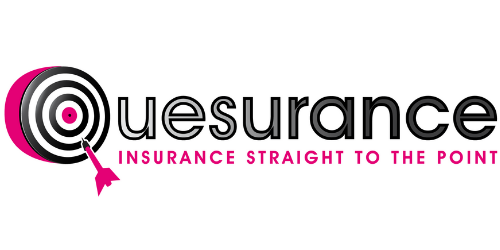
At a certain point in the life of your business, you may need to file an insurance claim. After all, if you want to avoid your small business falling into ruin, you need to make the most out of your coverage. This is, unfortunately, easier said than done. There are plenty of things that can go wrong with your insurance claim. Even the smallest mistake or accidental violation of your terms can result in a rejection, costing you money you don’t have.
The world of insurance claims and liability is complex, so we have created this guide to help small business owners and entrepreneurs like you avoid mistakes. Keep this guide in mind if ever an incident requires you to make use of your coverage.
With no further ado, here are the steps to effective small business insurance claims:
1 – Understand your policy
It should go without saying that you should read every contract before signing. However, it is understandable that you might have to reread your insurance policy. Peruse through all the complicated legalese and figure out for what incidents you are covered. Many businesses are surprised to find out that their commercial property insurance does not cover the costs of storms and other natural disasters. It can help you make a decision about your provider—whether you should switch to a different policy or purchase additional coverage.
Understanding your small business insurance policy will also guide you through the insurance claim process. It will tell you what documents and evidence you need to prepare, and the manner in which they should be presented.
2 – File in a timely manner
Depending on your policy, there might be a time limit on your insurance claim. Some policies require a claim to be filed within 48 hours of the incident. Whatever the case may be, it is important to handle it as soon as possible. The sooner the problem is addressed, the better the outcomes will be for all parties involved.
3 – Document everything
Luckily, every phone now comes with a camera. If at all possible, do not alter the scene of the incident. Take pictures of every damaged piece of equipment, goods, utilities, and other items. Make sure to document all communications with all parties involved down to the date and time.
Do not throw away your damaged items as you need to hold onto them as proof of loss. If you need to spend on repairs or replacements, keep the receipts so your insurance provider can reimburse you.
4 – Involve the proper authorities
Whatever happened to your small business, it is crucial that you inform and involve the appropriate authorities. For example, if a crime was committed on your property, call the police. If there was a fire, the fire department will need to conduct an investigation. Whatever the case may be, involving the authorities increases your chances of successfully filing an insurance claim.
Final thoughts
Every small business will face challenges throughout its life. While small business insurance can help you mitigate the effects of disastrous incidents, it doesn’t stop there. You need to ensure your insurance claims are as successful as possible. After all, you wouldn’t want to pay out of pocket for something that wasn’t in your control.
If you’re looking for a small business insurance provider with fair terms, contact us at Quesurance now. We help consumers and businesses save money and reduce risk. We can be your strongest allies in the face of unforeseen circumstances.





